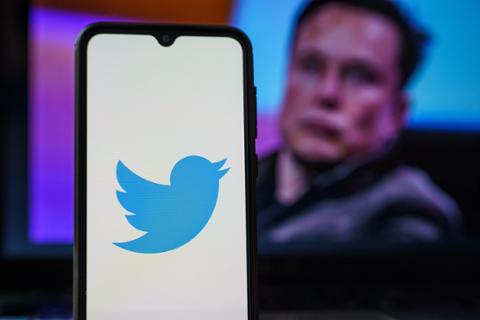Tesla CEO Elon Musk thinks that remote work is both a moral and productivity issue.
In an interview with CNBC, Musk framed the ability to work remotely as “morally wrong,” adding: “I’m a big believer that people need to be more productive when they’re in person.” He characterized working from home as “unfair” to people who need to commute to a workplace to do their jobs, such as construction workers and chefs.
If that wasn’t enough, Musk also referred to tech professionals as “laptop classes living in la-la land.” Since the pandemic, he has vigorously enforced a mandatory-office policy at his companies, including Tesla, where workers are expected at their desks for a minimum of 40 hours per week.
Musk has long displayed an aversion to anything other than full-time office work. In a June 2022 email to Tesla employees, he claimed that he practices what he preaches: “The more senior you are, the more visible must be your presence… This is why I lived in the factory so much—so that those on the line could see me working alongside them. If I had not done that, Tesla would long ago have gone bankrupt.”
At the time he wrote that email, he seemed like an outlier among tech executives; other companies were wholeheartedly embracing remote work and shutting down office space. In the intervening quarters, however, that mood has shifted. Tech executives such as Amazon CEO Andy Jassy and Salesforce CEO Marc Benioff have begun touting the benefits of in-person collaboration and mentorship while ordering employees back to the office for at least a few days per week. (Benioff recently complained that a lack of in-office culture might be translating into lower productivity among newer employees—an idea Musk would no doubt agree with.)
However, tech professionals have made it clear they want either hybrid (i.e, returning to the office for two or three days per week) or all-remote work. Last year’s edition of Stack Overflow’s annual Developer Salary found that 42 percent of developers had a hybrid work setup, and recent data from CompTIA suggests the number of remote tech jobs has stabilized. Musk can push for all his employees to return to the office full-time, but that’s no guarantee he’ll retain them if other companies offer a hybrid opportunity.



